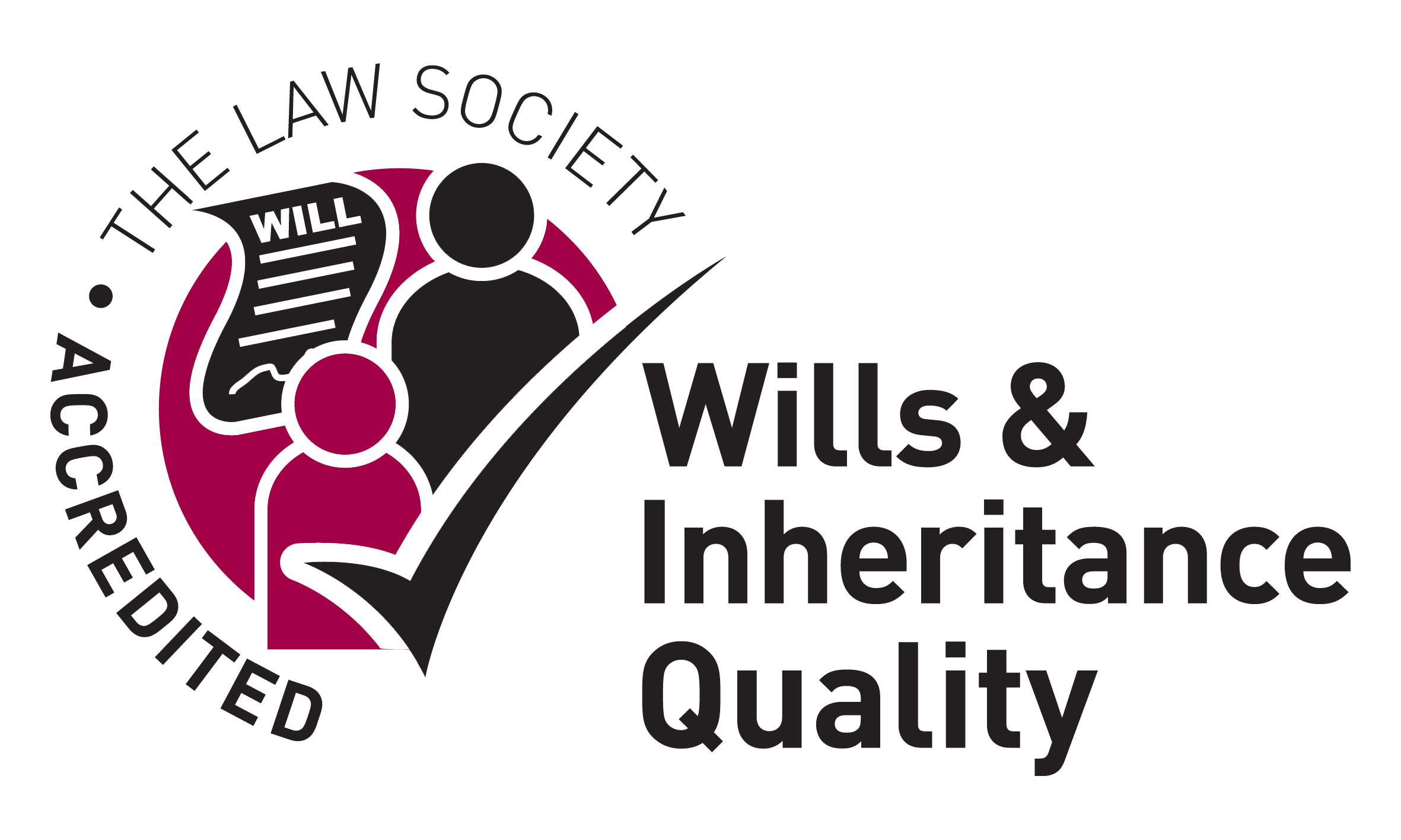Wills, trusts and probate solicitors
Deprivation of Liberty safeguards
Deprivation of Liberty safeguards make sure vulnerable people in both care homes & hospitals are looked after in a way that does not unjustly restrict them
Ensuring the health and welfare of vulnerable adults and young people can be a complex and difficult process and getting advice from a solicitor can be important in getting the right care.
Medical care, Health & Welfare Solicitors
Morr & Co Solicitor's specialist team advise on health and medical matters involving vulnerable adults and young people who lack capacity to make decisions relating to these matters.
Deprivation of Liberty Safeguards
Our lawyers have expertise in working for and on behalf of Local Authorities, Clinical Commissioning Groups and NHS Mental Health Trusts pursuing welfare proceedings in the Court of Protection in order to seek decisions for individuals who lack capacity. Particularly, we are able to advise and represent Local Authorities and Public Health Boards in matters arising under the Deprivation of Liberty Safeguards by utilising the experience of our solicitors who have previously practised in the field of social care, mental health and public law.
Our expertise extends to providing advice on funding responsibilities of health and social care providers, such as Local Authority funding duties under the Care Act 2014 and the Mental Health Act 1983 and also NHS Continuing Health Care.
We can also work with independent mental capacity advocates, carers or family members to act in welfare proceedings on behalf of the protected party through a litigation friend.
Our lawyers have a wealth of experience in advising older and vulnerable people particularly, but not limited to, matters concerning access to social care, deprivation of liberty, general health and wellbeing and human rights.
FAQs
What Do Deprivation of Liberty Safeguards do?
As part of the Mental Capacity Act 2005, deprivation of liberty safeguards (DoLS) are an important safeguard for vulnerable people who have been placed in care homes and hospitals and who are under a restrictive care regime (in that they are not free to leave and are under continuous supervision and control). For people who lack capacity to consent to these restrictive arrangements, the law states that such restrictions would constitute a deprivation of their liberty and therefore, DoLS is the mechanism by which authorisation is given to the care home or hospital to keep these restrictions in place as long as it's in the best interests of the individual. This is known as a ‘standard authorisation’.
What is involved in the deprivation of liberty assessment?
Deprivation of liberty safeguards authorisations ‘DoLS’, are carried out by a minimum of two assessors. One assessor (the Best Interests Assessor) assesses whether the ‘DoLS’ is in the best interests of the individual and another, usually a qualified doctor assesses the mental health and capacity of the individual to make decisions about their care regime.
It is the Best Interests Assessor’s job to decide whether the person and the care that they receive meet the criteria for authorisation. The six parts to the assessment are as follows:
- Age – Is the person aged 18 years or over?
- Mental health – Is the individual suffering from a 'mental disorder'
- Capacity - Does the individual lack the ability 'capacity', to make their own decisions regarding treatment or care?
- Best interests – Is a deprivation of liberty taking place in the best interests of the individual? Is it also:
- needed to keep the person safe from harm?
- a reasonable response to the likelihood of the person suffering harm (e.g. are less restrictive options more appropriate)?
- Eligibility – Is the person already liable to detention under the Mental Health Act 1983, or would they meet the requirements for detention under this Act?
- Past Authority – Does the authorisation contradict or conflict with any advance decision the person has made refusing treatment before losing capacity?
What is meant by a Relevant Person’s Representative?
If a person meets the criteria for a standard authorisation under the DoLS, they should be appointed a Relevant Person’s Representative (‘RPR’) whose job it is to keep the authorisation and any recommendations under review. Another important role of the RPR is to ensure that the person that they are representing ‘P’ is assisted to formally challenge the authorisation through the Court of Protection either if P indicates that they want to challenge their care regime, or if the RPR feels that it is in their best interests for a challenge to be brought.
Usually, the RPR will be a family member however, in the event that there are no family willing or able to fulfil this role or it is felt that P’s interests would be better served by having an independent RPR, an independent advocate or ‘paid RPR’ may be appointed.
The importance of the RPR role should not be underestimated and in the event that you are asked to act in this capacity for a relative, one of the court of protection team here at Morr & Co would be happy to talk you through this.
Recent Private ClientMorr & Co provided exceptional service - they went the extra mile for me. They acted throughout with exemplary efficiency and kindness.


































